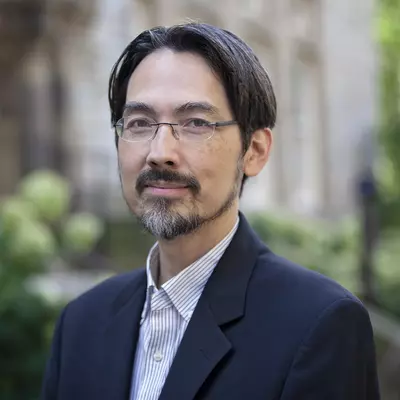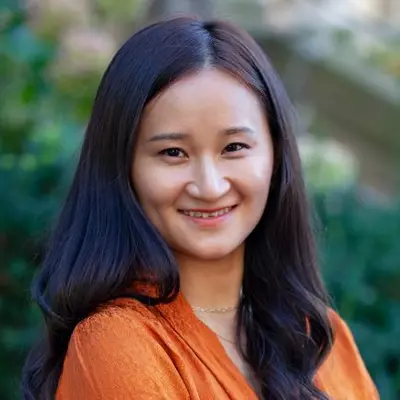
East Asia Seminar Series
Japan-South Korea Relations: Partnership or Discord?
November 22, 2024 | 4:00PM - 5:00PM
|
Online
Location | Online via Zoom
ABOUT THE EVENT
Japan and South Korea--two leading democracies and United States allies--have often clashed over historical and contemporary issues. This changed under President Yoon Suk Yeol and Prime Minister Kishida Fumio who pursued rapprochement diplomacy. However, with Biden and Kishida out of the picture, what are the prospects for continuing Japan-South Korea cooperation? What role will the countries play as geopolitical contestation in the Indo-Pacific intensifies? What are the implications for Canada?
ABOUT THE PANELISTS
Andrew Yeo is a senior fellow and the SK-Korea Foundation Chair at Brookings Institution’s Center for Asia Policy Studies. He is also a professor of politics at The Catholic University of America in Washington, D.C. Yeo is also the author or editor of six books including State, Society, and Markets in North Korea (Cambridge University Press 2021), Asia’s Regional Architecture: Alliances and Institutions in the Pacific Century (Stanford University Press 2019) and Activists, Alliances, and Anti-U.S. Base Protests (Cambridge University Press 2011). His most recent book is a co-edited volume, Great Power Competition and Chinese, Russian, and American Force Posture in the 21st Century (Brookings Institution Press 2024).
Yeo is currently working on a project that examines the role of narratives and grand strategy in Asia, and in particular South Korea. His other research interests address the Indo-Pacific strategies of the United States and its allies, Asian regional architecture, U.S. grand strategy and force posture, and the role of narratives and discourse in U.S. foreign policy. Dr. Yeo’s scholarly publications have appeared in International Studies Quarterly, Comparative Politics Studies, Comparative Politics, European Journal of International Relations, Perspectives on Politics, and Journal of East Asian Studies among others. His other writings and commentary have appeared in the Washington Post, New York Times, Wall Street Journal, Foreign Affairs, Foreign Policy, The Hill, The Economist, The National Interest, and The Diplomat as well as CNN, NBC, Fox News, MSNBC, BBC, CBC, and NPR. He received his doctorate in government from Cornell University, and bachelor's in psychology and international studies from Northwestern University.
Jennifer M. Lind is an Associate Professor of Government at the University of Dartmouth. She is also a Faculty Associate, Reischauer Institute of Japanese Studies, Harvard University and Associate Fellow, US & the Americas Programme, Chatham House, London.
Phillip Y. Lipscy (Co-Moderator and Co-Chair) is a Prrofessor of Political Science at the University of Toronto, where he is also Chair in Japanese Politics and Global Affairs and the Director of the Centre for the Study of Global Japan at the Munk School of Global Affairs & Public Policy. In addition, he is cross-appointed as Professor at the Faculty of Law at the University of Tokyo. His research addresses substantive topics such as international cooperation, international organizations, the politics of energy and climate change, international relations of East Asia, and the politics of financial crises. He has also published extensively on Japanese politics and foreign policy. Lipscy’s book from Cambridge University Press, Renegotiating the World Order: Institutional Change in International Relations, examines how countries seek greater international influence by reforming or creating international organizations.
Diana Fu (Co-Moderator and Co-Chair) is an Associate Professor of the Department of Political Science at The University of Toronto, and Director of the East Asia Seminar Series at the Asian Institute, Munk School of Global Affairs & Public Policy. She is a Non-Resident Fellow at Brookings Institution, a China fellow at the Wilson Center, and a public intellectuals fellow at the National Committee on US-China Relations. Her research examines civil society, popular contention, state control, and authoritarian citizenship in China.
Co-Sponsored by the Centre for the Study of Global Japan and the East Asia Seminar Series, Asian Institute



